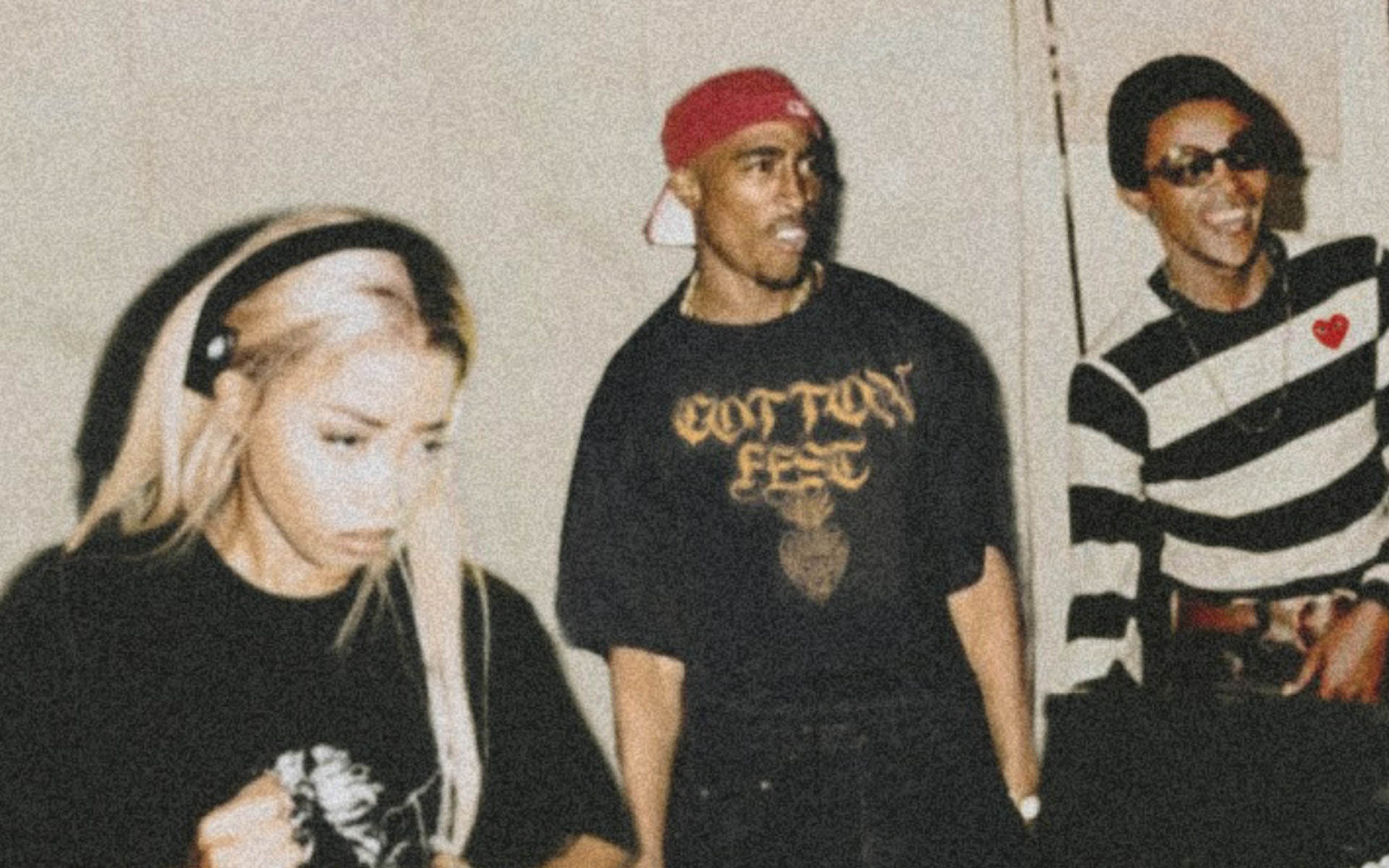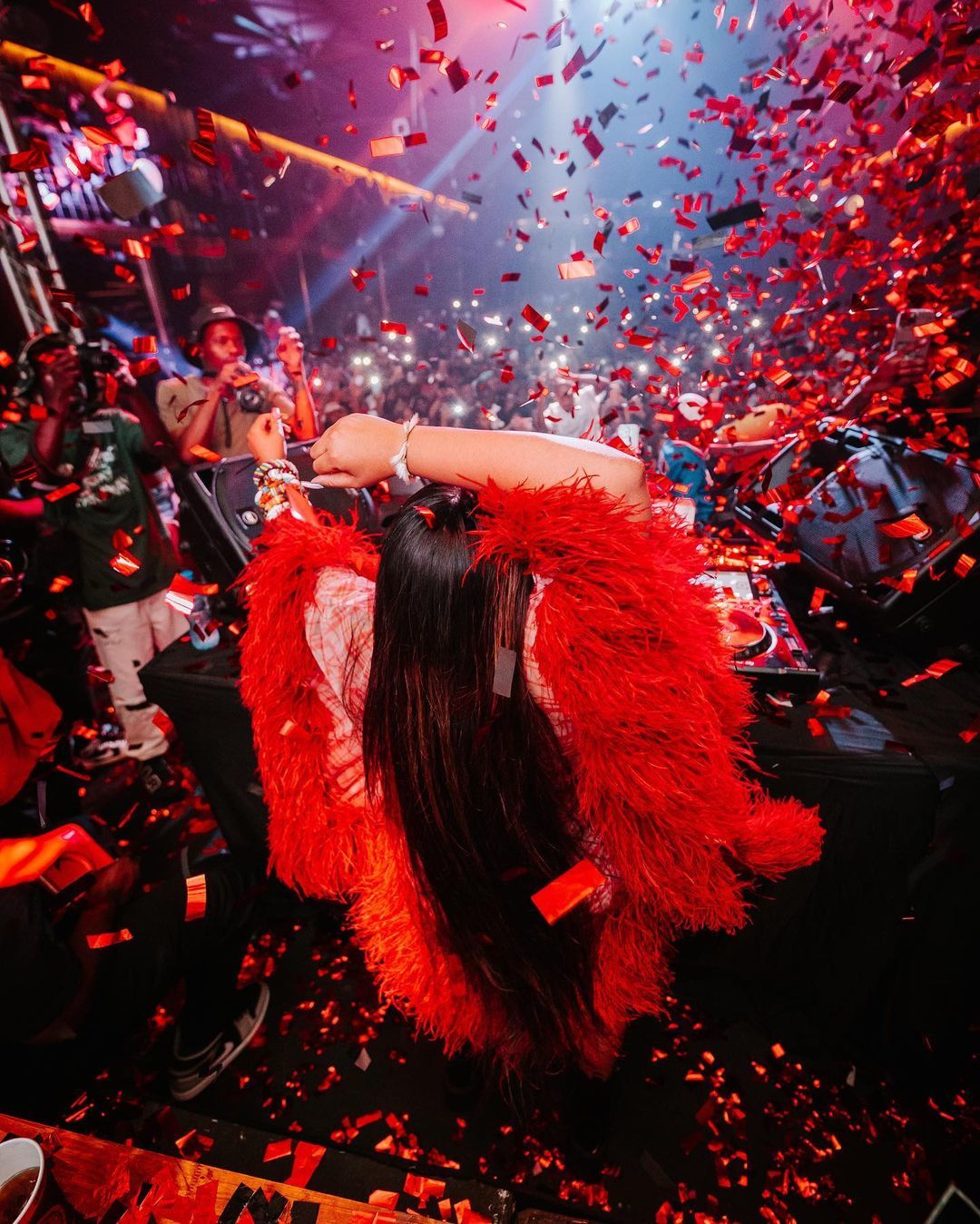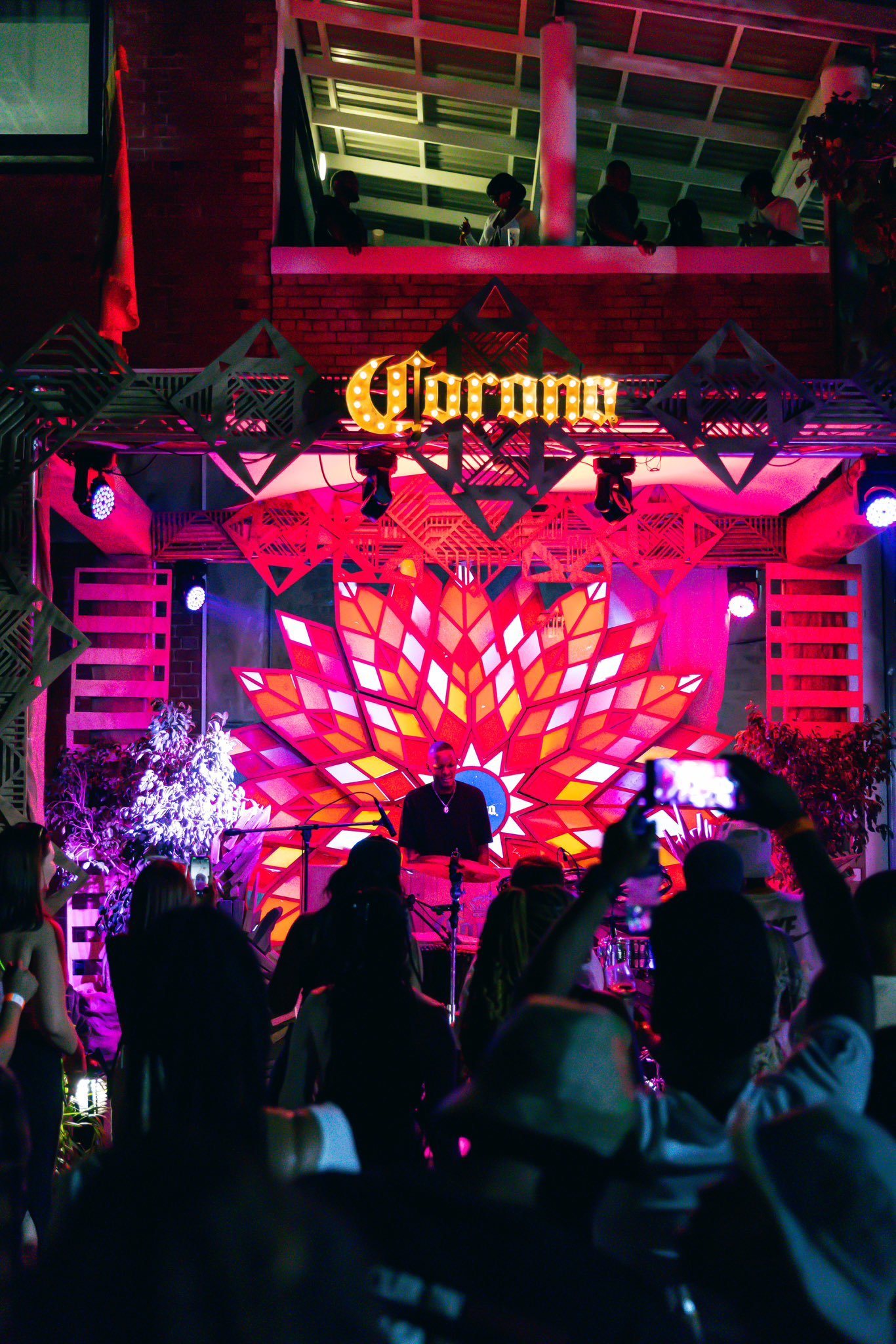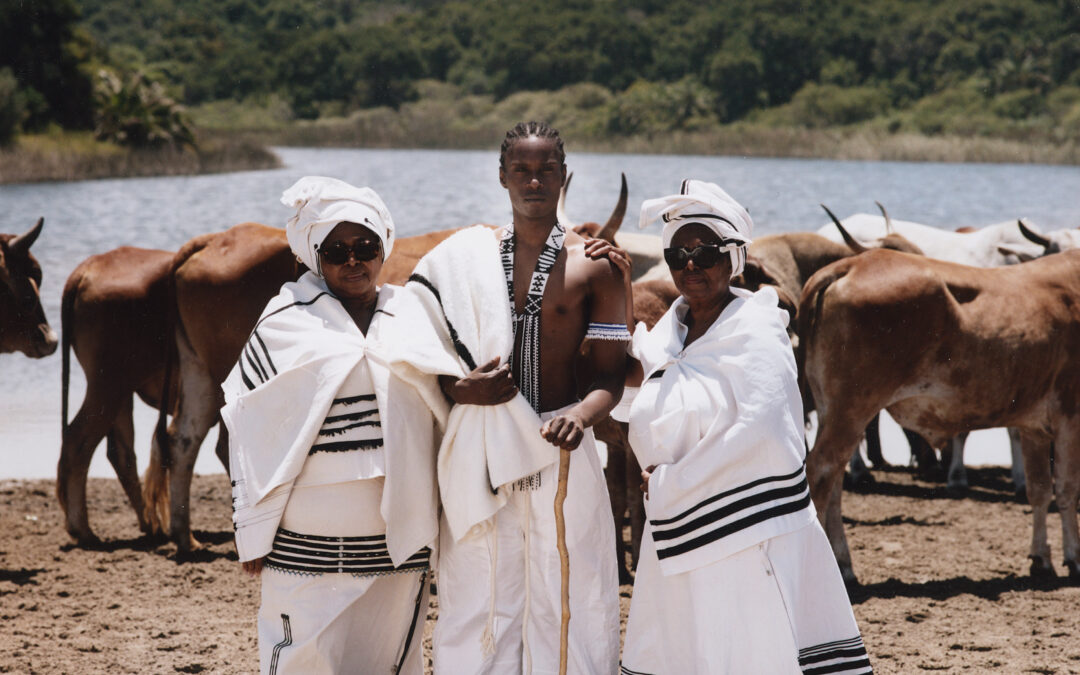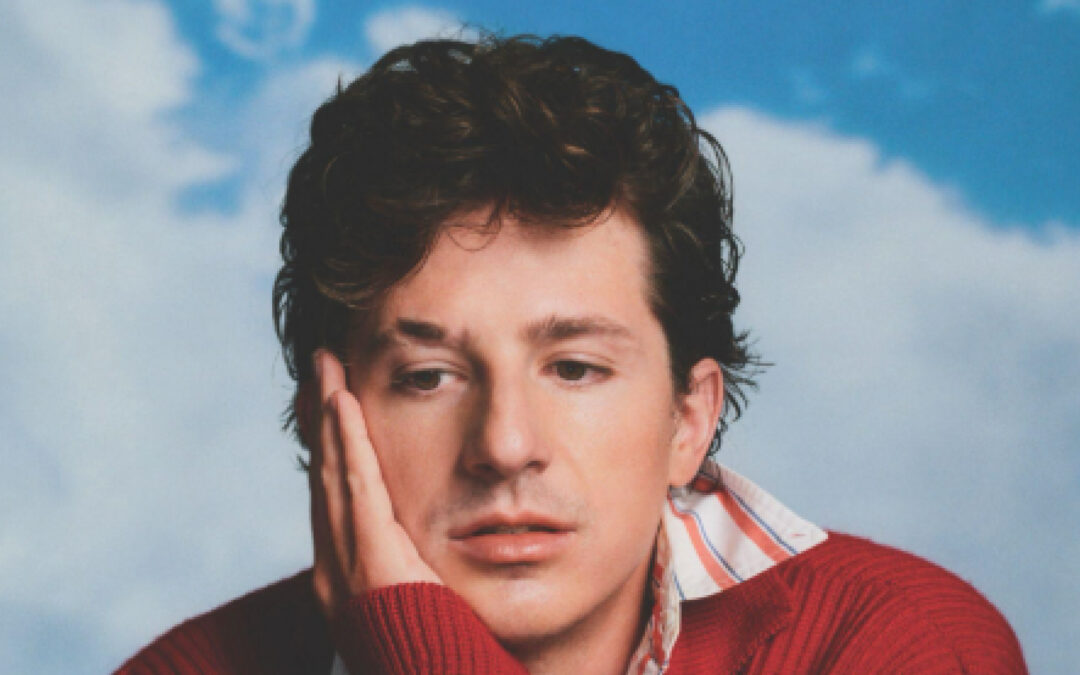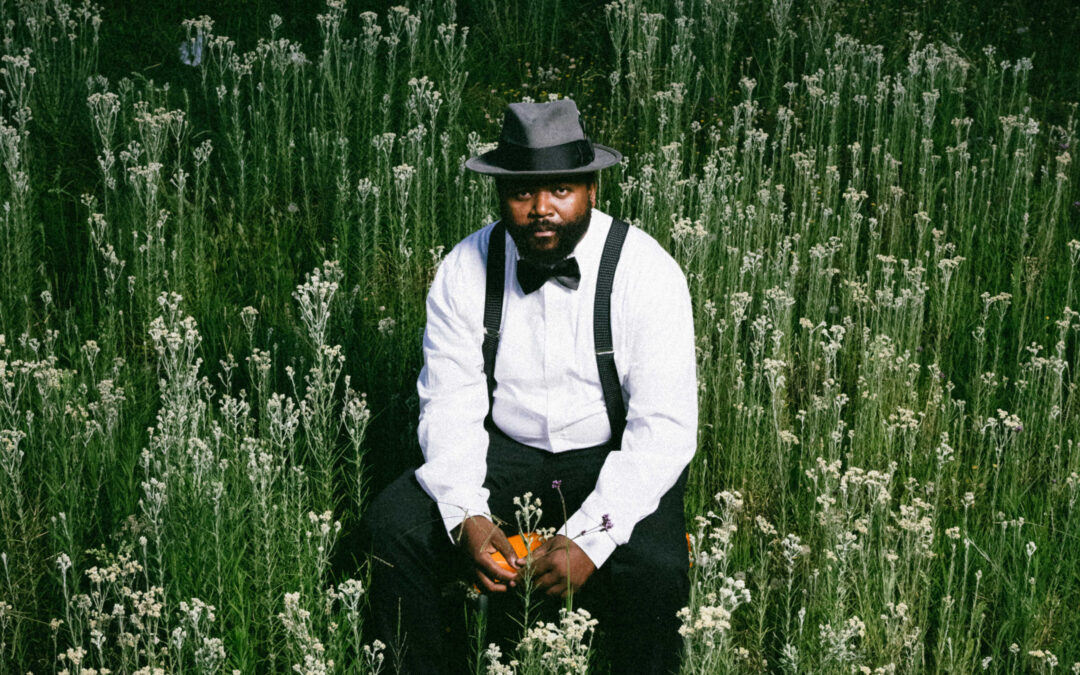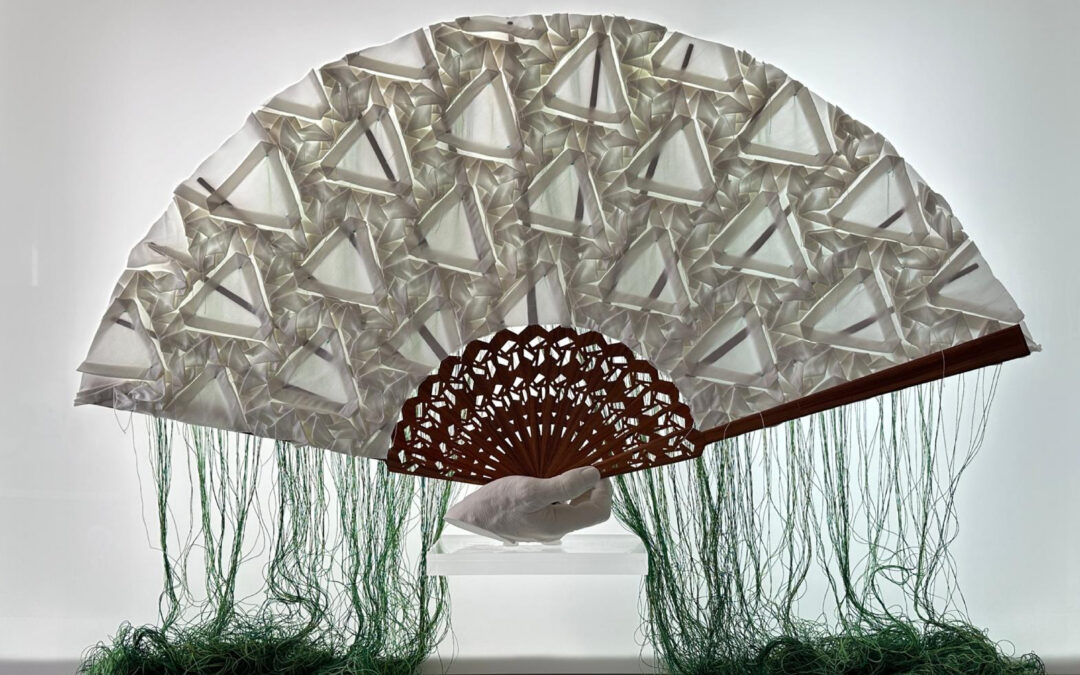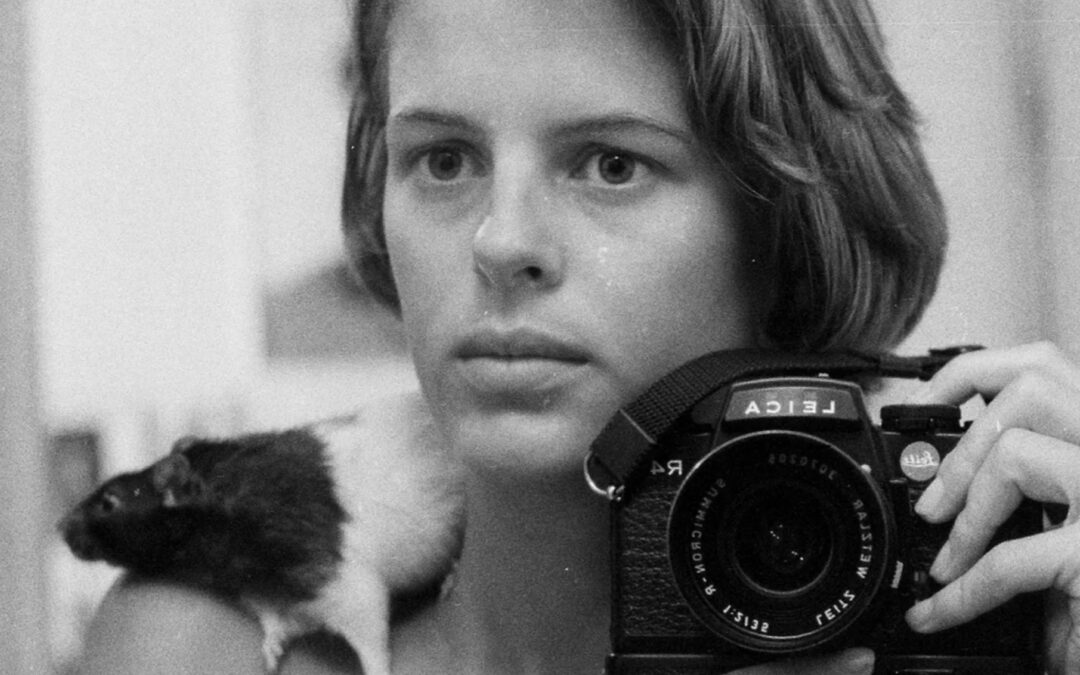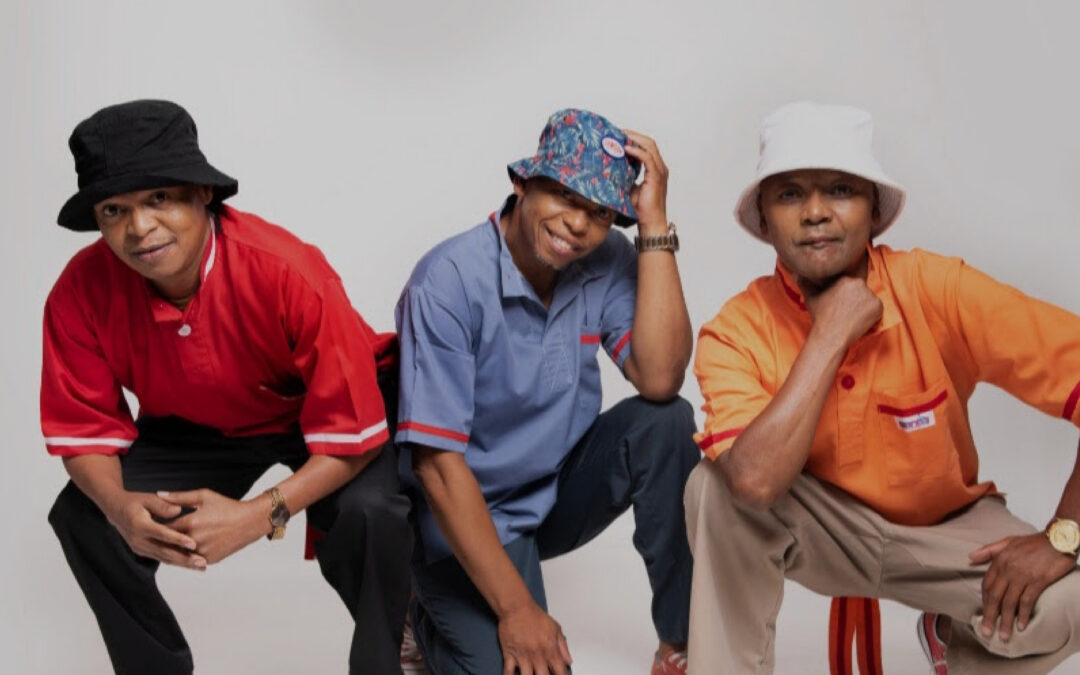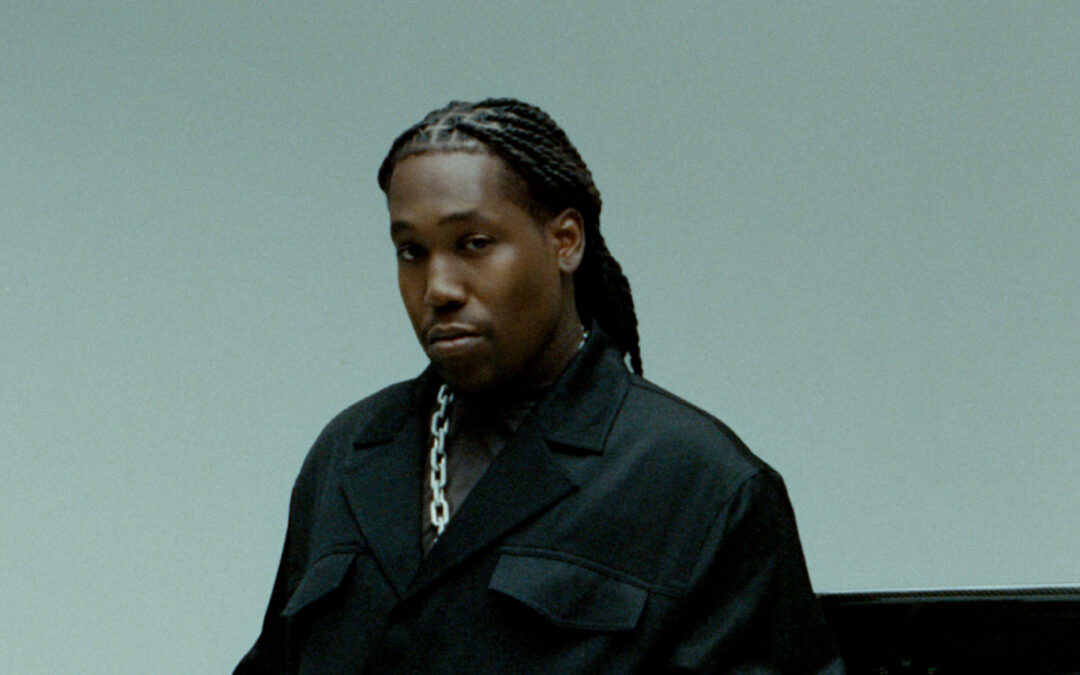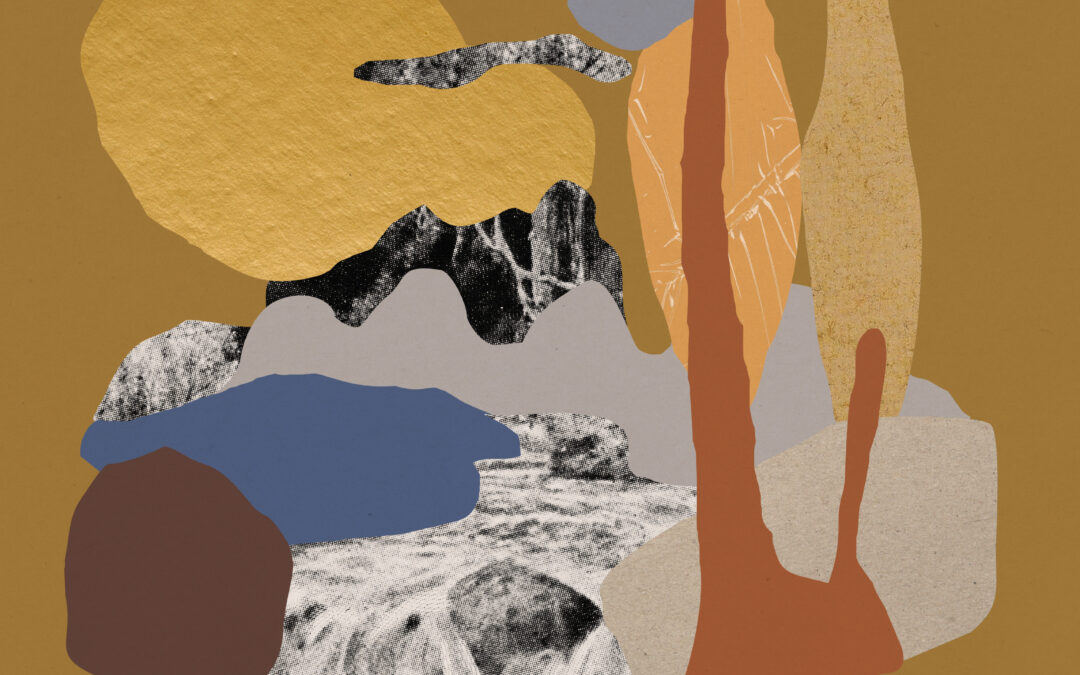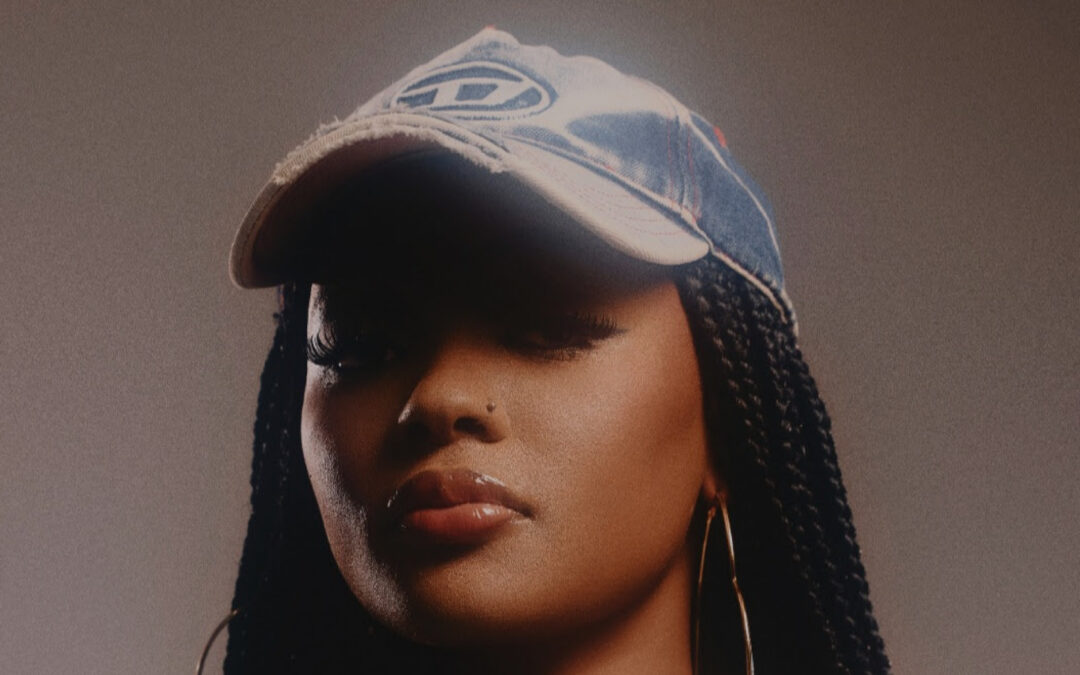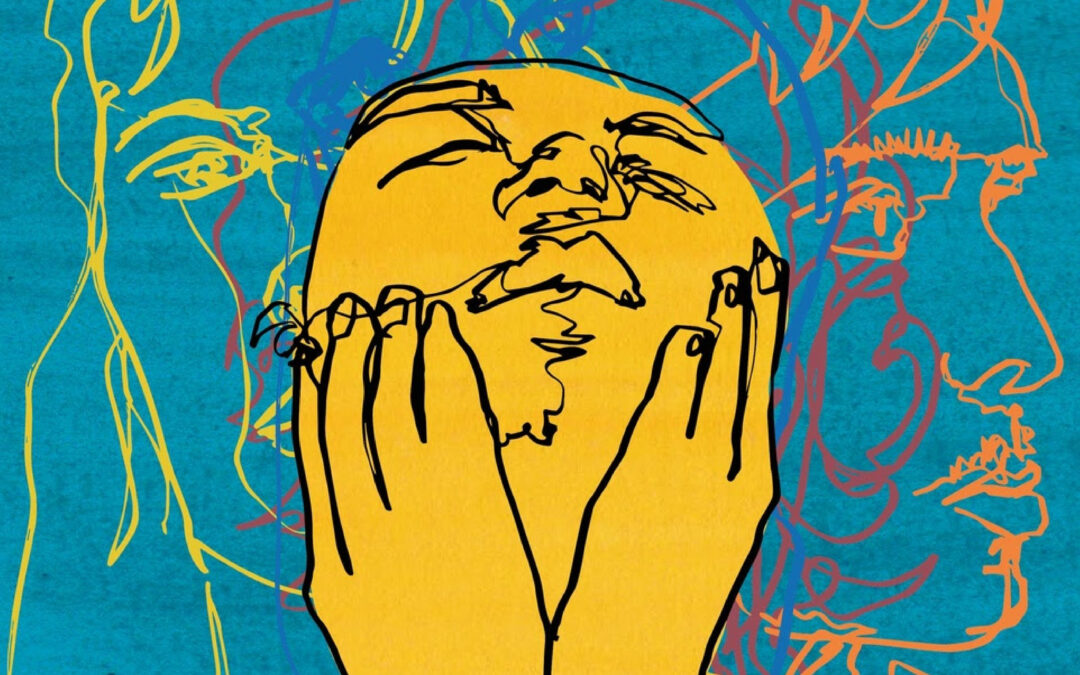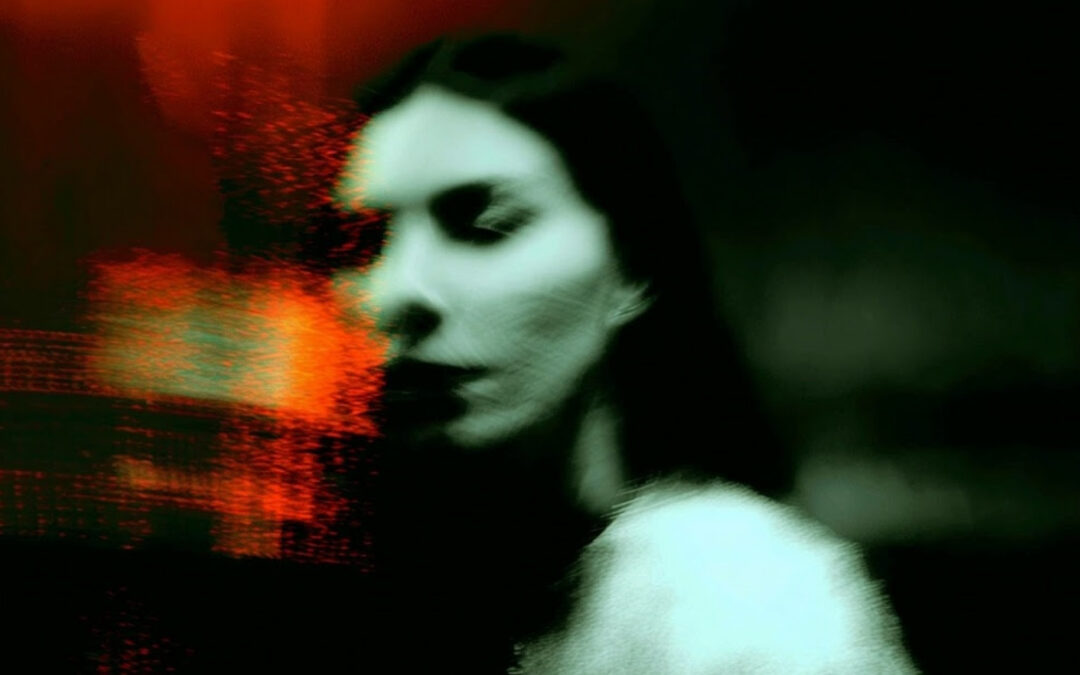“If you knock and it doesn’t open, it’s simply not your door.” This is one of my personal favourite pieces of advice I’ve ever received in this life, followed painstakingly by Oscar Wide’s definition of a pessimist ‘… somebody who complains about the noise when opportunity knocks’.
From umkhukhu to iventure, to isiyaya onto the quantum heading to town all the way to Times Square via kaapstad – submerged beneath the residue of intoxicants, mayhem of the 012 and entrenched deeply into the wise walls of Mzansi’s wild nightclubs and taverns lay the memories, effects and a foreshadowing of what Mugwanti wa Pitori has been silently cooking up for the world : Amapiano.
See, everyone and their grandmother want their shot ukh’kokotha.
Do you blame them? With the genre racking in a daily minimum of over 100 million listeners, who are you not to take a second listen? After all, everyone wants their chance outside the door of their dreams, a moment to plead their case, and flex what a broken key can do. That greatness can not be denied regardless of its background. That you don’t need the fancy resources or schooling, everyone is simply trying to even the playing field and get their shot.
So, who the hell are we to police and traffic ipiano and put restraints on modern-day Beethovens and Nina Simone at the expense of a beautifully crafted history?
The first time I heard the knock, the sound that exemplifies the essence of Amapiano, I wasn’t even ready, but I knew I was in the presence of something great, something was brewing. I’d describe it like being at your own surprise party where everyone around you is gleaming in anticipation and you’re working off of muscle memory from previous social events. And suddenly in a room filled with smiles slowly grooving – the lockdrum ushers us into a new dimension – with its distinctly erupting howls into the night, I was taken. The progression on this reminded me of everything sweet about living. Unlike Gqom which is a literal jump off the cusp, Amapiano hypnotises you with it’s soulful jazzy deep house we all know and love before literally locking you in with ilockdrum, the instrument that sets in motion the percussions and synths that define the genre itself.
Images by @pixelkollective
Amapiano hails all the way from Pitori Mahlanyeng, affectionately known as the training ground for all professional groovists as far back as you can remember. Listen, everyone* knows you haven’t really partied unless you’ve turned up in the 012. With the city’s audience being famously known to not be easily impressed, it’s the perfect boot camp for any up-and-coming musician, your Black Coffees and Oskidos alike…hell, our National Anthem originated there.
So years later when the capital city gave birth to the ever-viral amapiano it was to no man’s surprise. Much like their equally expressive and contagious musical cousin Hip-hop who was created in south Bronx block parties during the 1970s, during what was otherwise deemed as the winter of people of colour in the Americas, ipiano peaked during covid-19 through quarantine sessions from hip-hop producers Major League.
Wait but, how could you possibly be drawing parallels between amapiano and hip-hop you ask? Well, one word – Mapanta. A Spitori word for belts but in our case a genre of straight hits. Say…what do broken cords, a shanty shack, ingrained rhythm and a strong mantra create? Exactly that. MA-PAN-TA! If you don’t believe me, ask any former Jsquad enthusiasts turned producers and now modern-day amapiano royals. Much like our hood cousin, the kasi-born genre was a means to an end; an end of being silenced, an end of economic abuse, an end to dark days. Considering the genre peaked during national lockdown many lyrics of the early releases were somewhat prophetic. Helping everyday South Africans visualise what a post-covid reality looks like.
With the below prophecy ushering us into the post-covid piano era at 11 million views:
Asihlaseleni siyolwel’ lempilo emnandi
Kunini sabawela kuyoze kufike nak’sasa
Angeke bayi vale yonke iminyango
Ayi nami ayang’biza amathou-
Loosely translated to – “Let’s fight for a good life, how much longer shall we yearn? They can’t possibly close all the doors. The thousands are also calling me”
As the great blueprint once said ‘Men lie, women lie, numbers don’t’ And whether you’re calling it ipiano, amapiano, or the yanos let’s be honest you’re merely just one of millions of voices in a new now global conversation raving about a sound we can all agree is simply beyond the fire.’ You could argue the conversions are simply a discussion on the degree of fuego, a discourse easily shut down by filling up The 02 arenas. In terms of what this means for the African music industry, well to put things into perspective this is not 2015, honey, we talking big baller business kinda big, a huge contrast to our beloved stars who are very young, both in age and in the business.
One can’t help but think that Dilo dichengitse was for real – there is absolutely no doubt about that however, but at what cost and to whose benefit? With major labels not being able to help themselves either and the parallel reality of the ongoing half a century old battle between the state of hip-hop and industry giants. These young stars couldn’t possibly be paying as much attention to the copyright laws as they are in meticulously curating the lyrics of a life-changing hit and publishers and distributors know that. The conversation around protection over artists’ literary and artistic expression is important to prevent economic exploitation by the holders of copyright and related rights to the artist’s creations, with most copyright life spans lasting for 50 years since the work was first broadcasted.
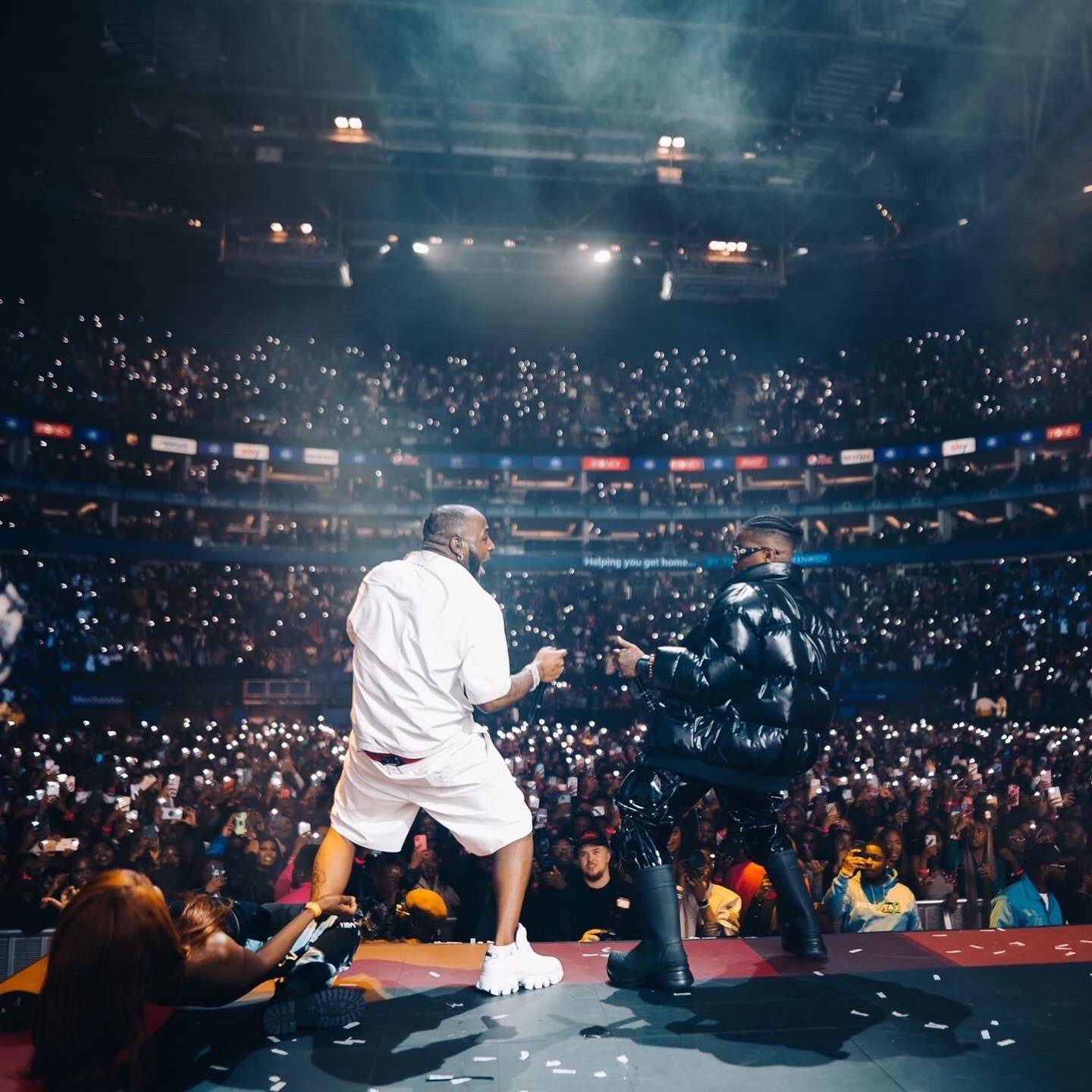
Image at the O2 by @Artvillain
Image by @pixelkollective
This is where it gets tricky because in a country of 11 official languages, a failing educational system, how are corporations allowed to draft deals on behalf of the young maestros? And with her fast yet contagious progression, when do we get to differentiate the originators vs the innovators? Who really has the licence to knock and who is here to help and echo the noise? See, the kids kinda got it right this time, the licence to succeed does indeed belong to everyone. I guess that’s why they move as a community as opposed to solo. The ubuntu way. It’s about opening your own doors, entering rooms, and having a fighting chance to earn your seat at tables that have long banned people who look and speak like you.
It’s become quite evident that broken keys not only have the ability to make the prettiest sounds but also have the momentum to open any door the African kid is bold enough to seek out. The fact that music can in evidently boost African economies – with the South African music industry generating earnings of close to half a billion a year, every year. It is being projected to be worth over R1 billion by end of 2023 & to increase to 1.2 billion by 2027 yet African artists dying broke raises one burning question higher above the rest, Will they finally let you in and let you eat comfortably, now that you have knocked so nicely?
/// For further reading:
This is Amapiano
How Amapiano took over the world: ‘You have to get up and move – it’s contagious’
The Power and Business of Hip-Hop: A reading list on an American Art Form
The Rise of Amapiano and its Appropriation
Featured Image by VTSEK
Written by: Thandiwe Magwaza

